A Big Shift for Education: What Happens Following President Trump’s Executive Order?
- Podcast URL: https://open.spotify.com/episode/3dthHzjR2nXbEIBTVegtzv?si=6de745f91f6143d2
 President Donald Trump signed an executive order March 20, 2025 titled Improving Education Outcomes by Empowering Parents, States, and Communities. The order seeks to advance a goal previously promised by the president: to close the Department of Education (ED) and give state education departments authority over education standards. The closure of the ED raises questions for students with developmental disabilities and their families, who rely on various programs and services offered by the ED. What does this change mean?
President Donald Trump signed an executive order March 20, 2025 titled Improving Education Outcomes by Empowering Parents, States, and Communities. The order seeks to advance a goal previously promised by the president: to close the Department of Education (ED) and give state education departments authority over education standards. The closure of the ED raises questions for students with developmental disabilities and their families, who rely on various programs and services offered by the ED. What does this change mean?
The executive order states the following:
The Secretary of Education shall, to the maximum extent appropriate and permitted by law, take all necessary steps to facilitate the closure of the Department of Education and return authority over education to the States and local communities while ensuring the effective and uninterrupted delivery of services, programs, and benefits on which Americans rely.
The executive order does not single handedly dismantle the ED; it would take an act of Congress to fully enact such a change. However, Trump’s order signals the beginning of a significant shift for American education, placing a greater priority on state-level education policy. The executive order does not outline a specific timeline for the transition, and several logistical aspects of the ED’s closure are uncertain.
“The information available to our agency has not changed. Education funding – including Title I and IDEA – is allocated by Congress,” said Meghan Frick, communications director at the Georgia Department of Education. “We have received no indication at this time that the allocations will change. We have not received direct guidance at this time on how President Trump’s executive order or the reductions in force in the U.S. Department of Education may impact programs and services.”
According to Leslie Lipson, a legal advocate for disability issues, it is important for students with disabilities and their families to be proactive in their advocacy for themselves and their educational rights during this time of uncertainty. She encourages families and advocates to closely monitor their state boards of education, legislative committees, and the funding of special education programs in their communities to ensure a well-executed transfer of responsibility to the states.
In the wake of this order, it is likely that state education policy will matter more than ever. The Georgia Council on Developmental Disabilities (GCDD) will continue to monitor the status of the implementation of the executive order and provide updates on GCDD’s website at https://gcdd.org and through GCDD’s social media channels.

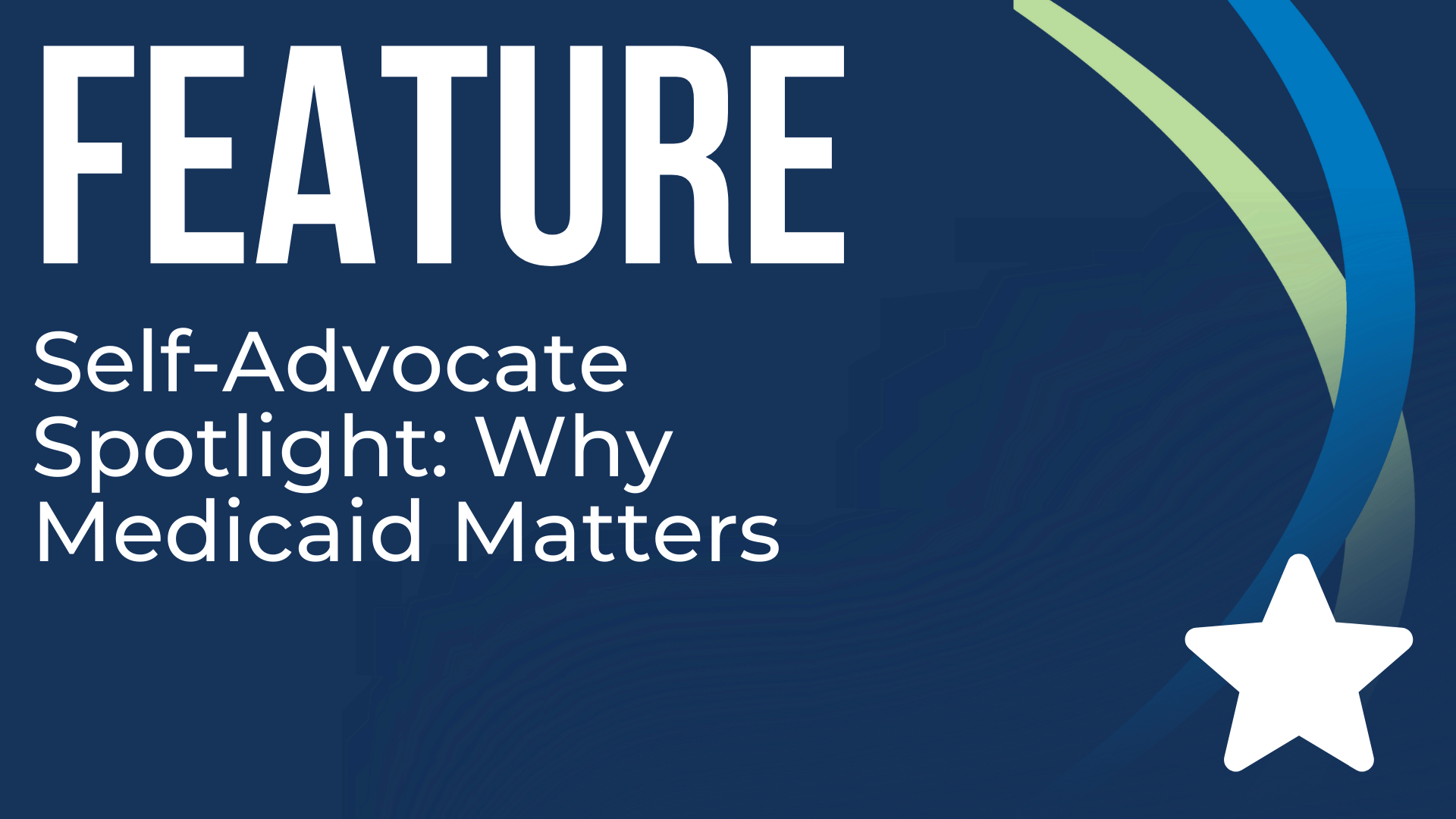
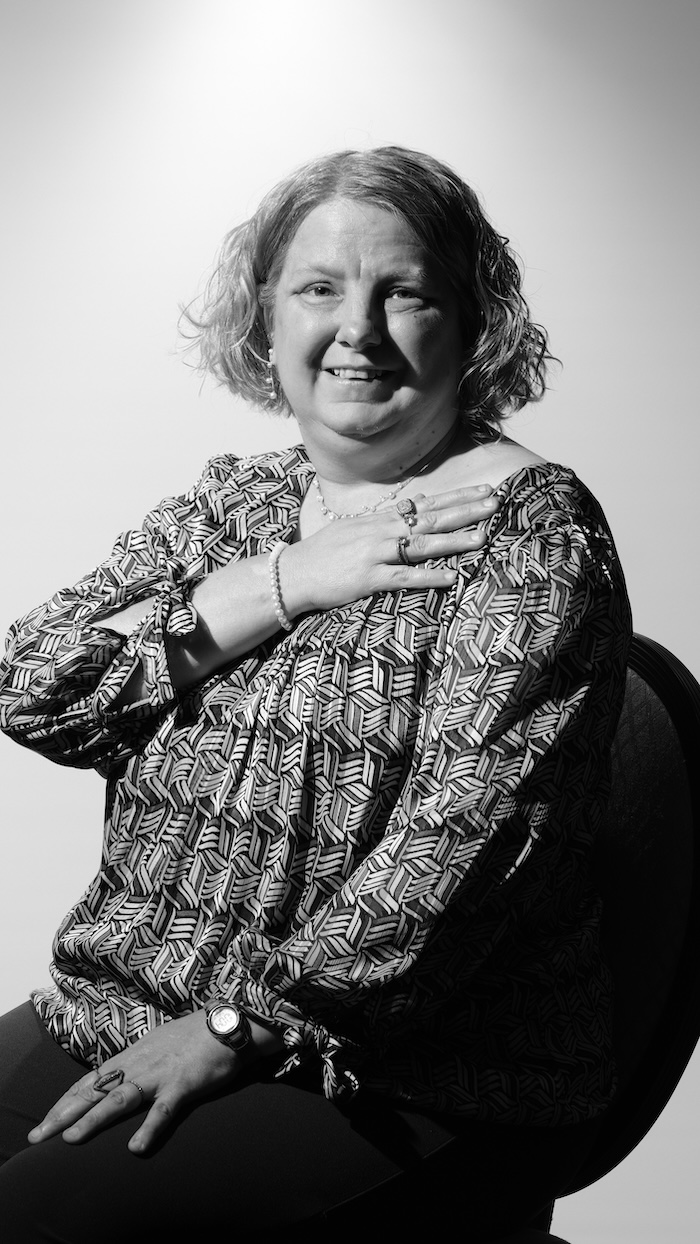
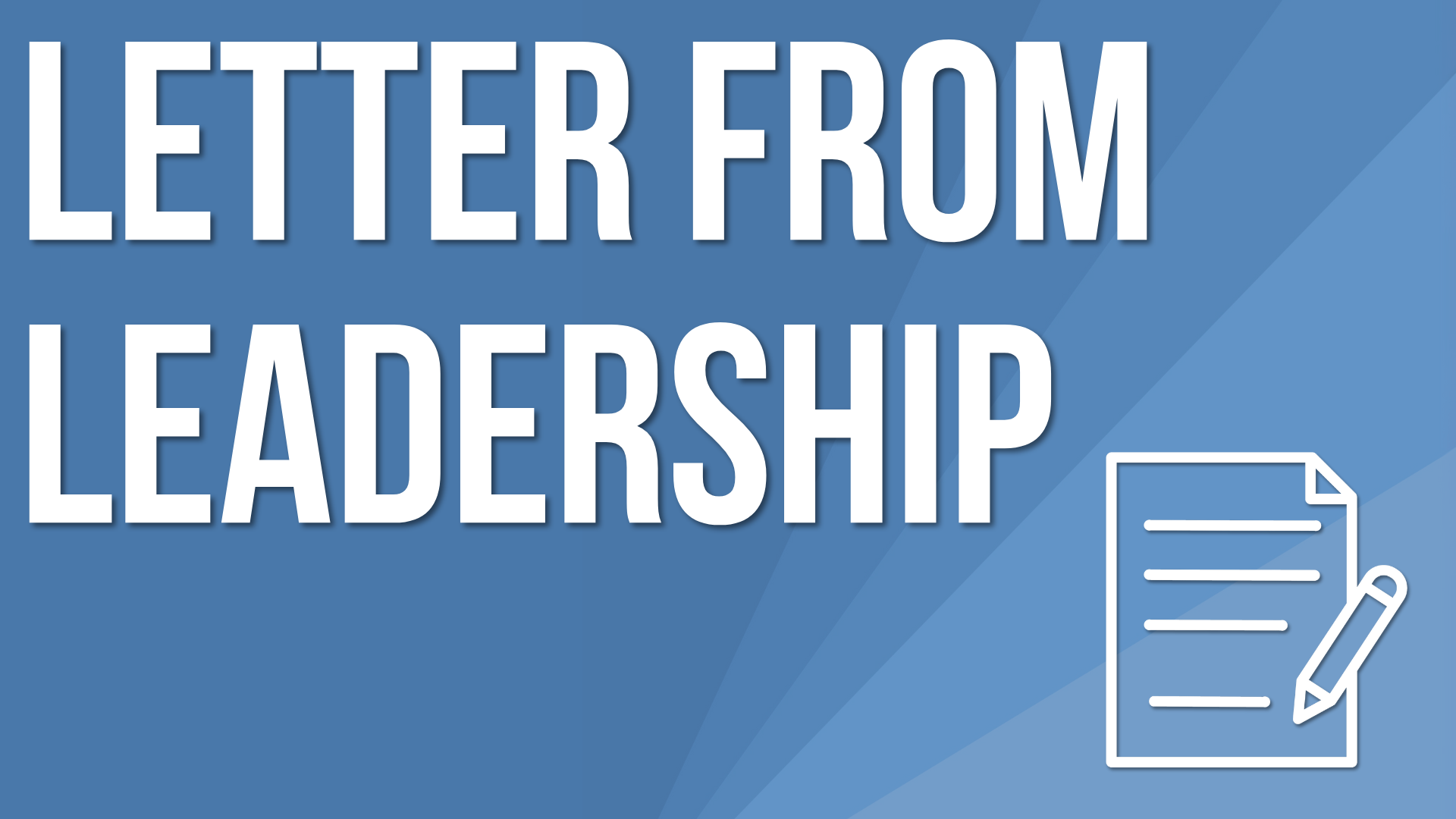
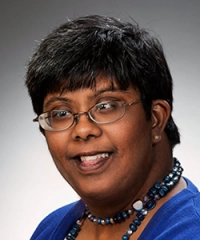
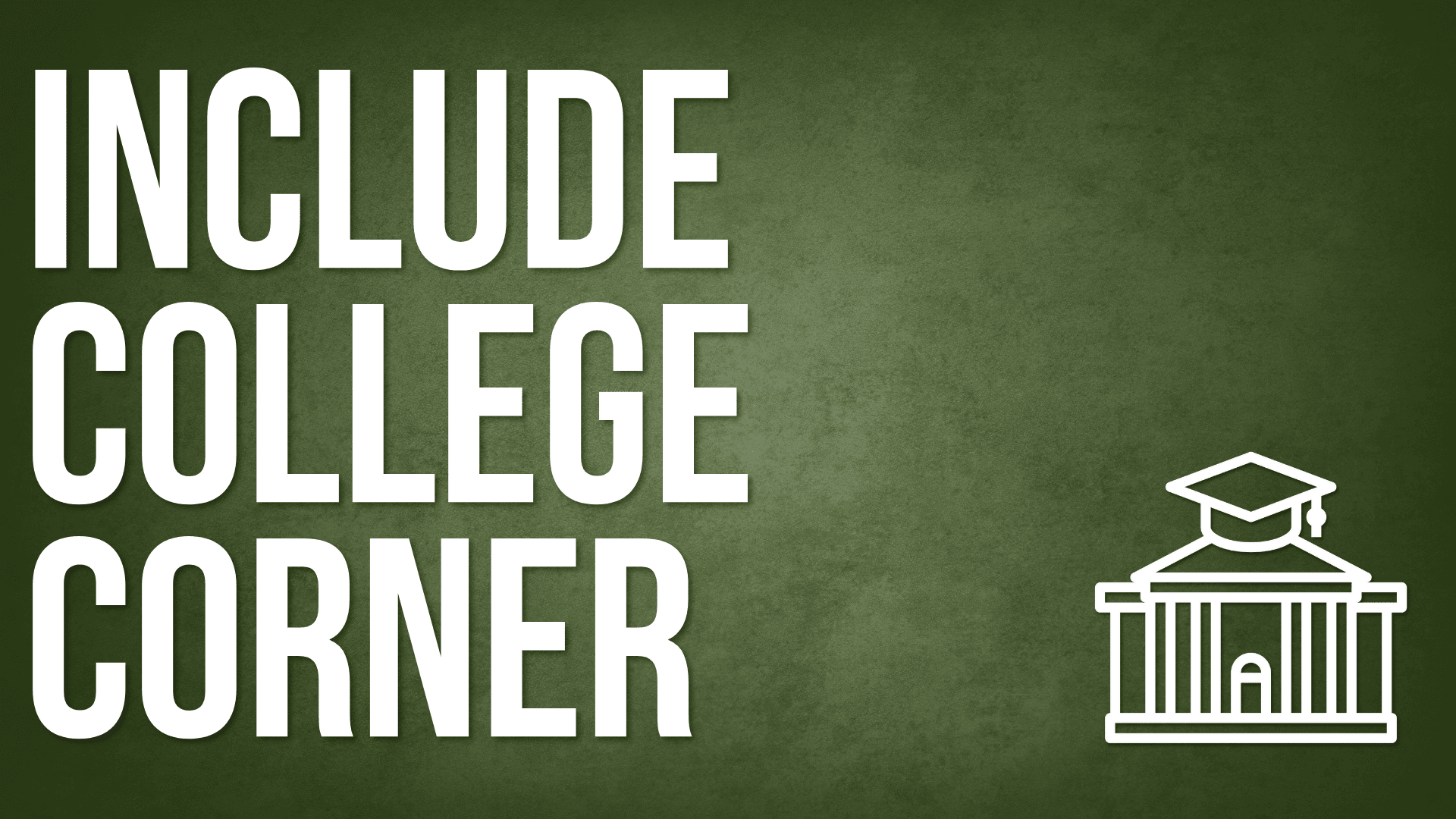
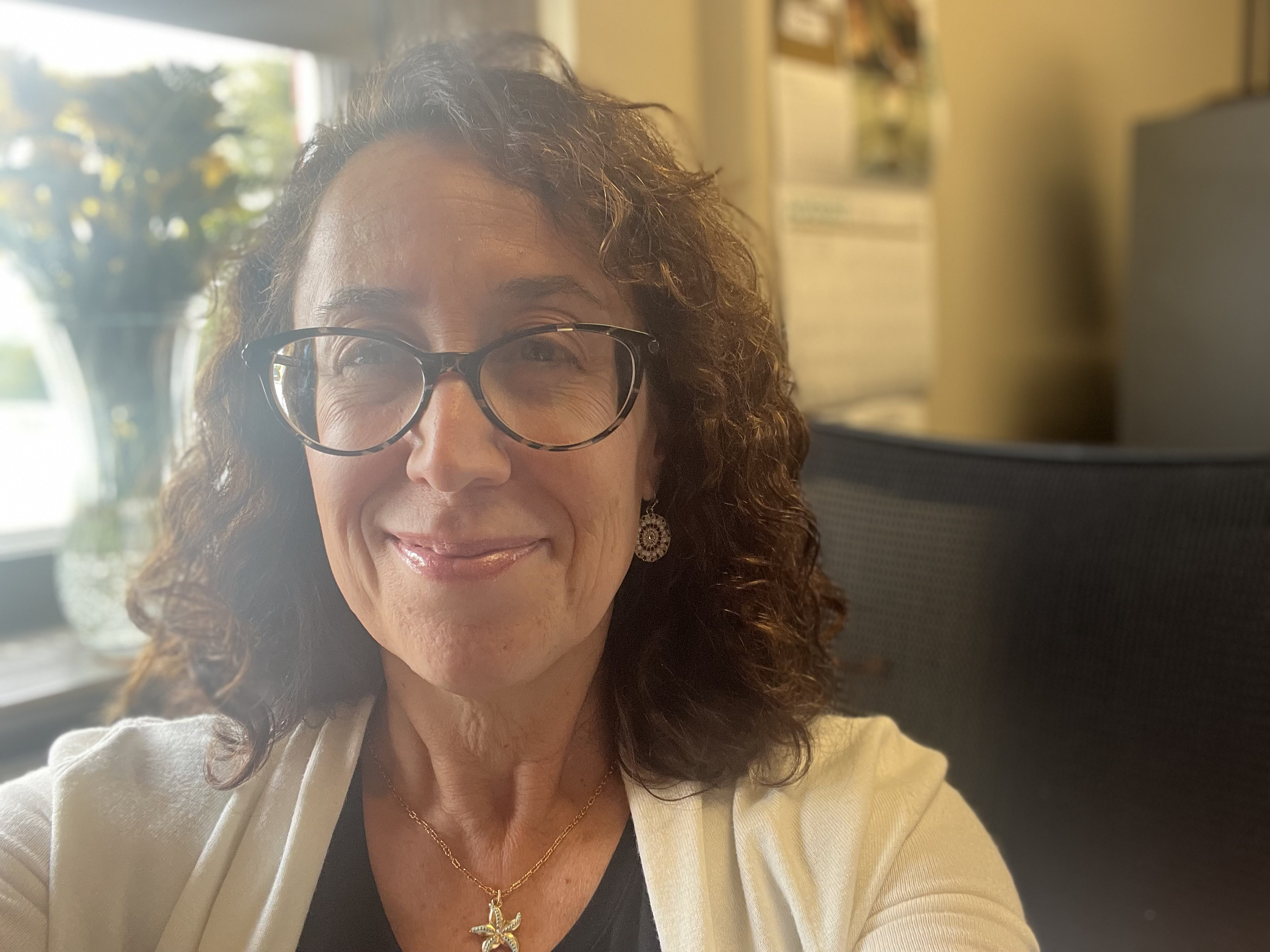
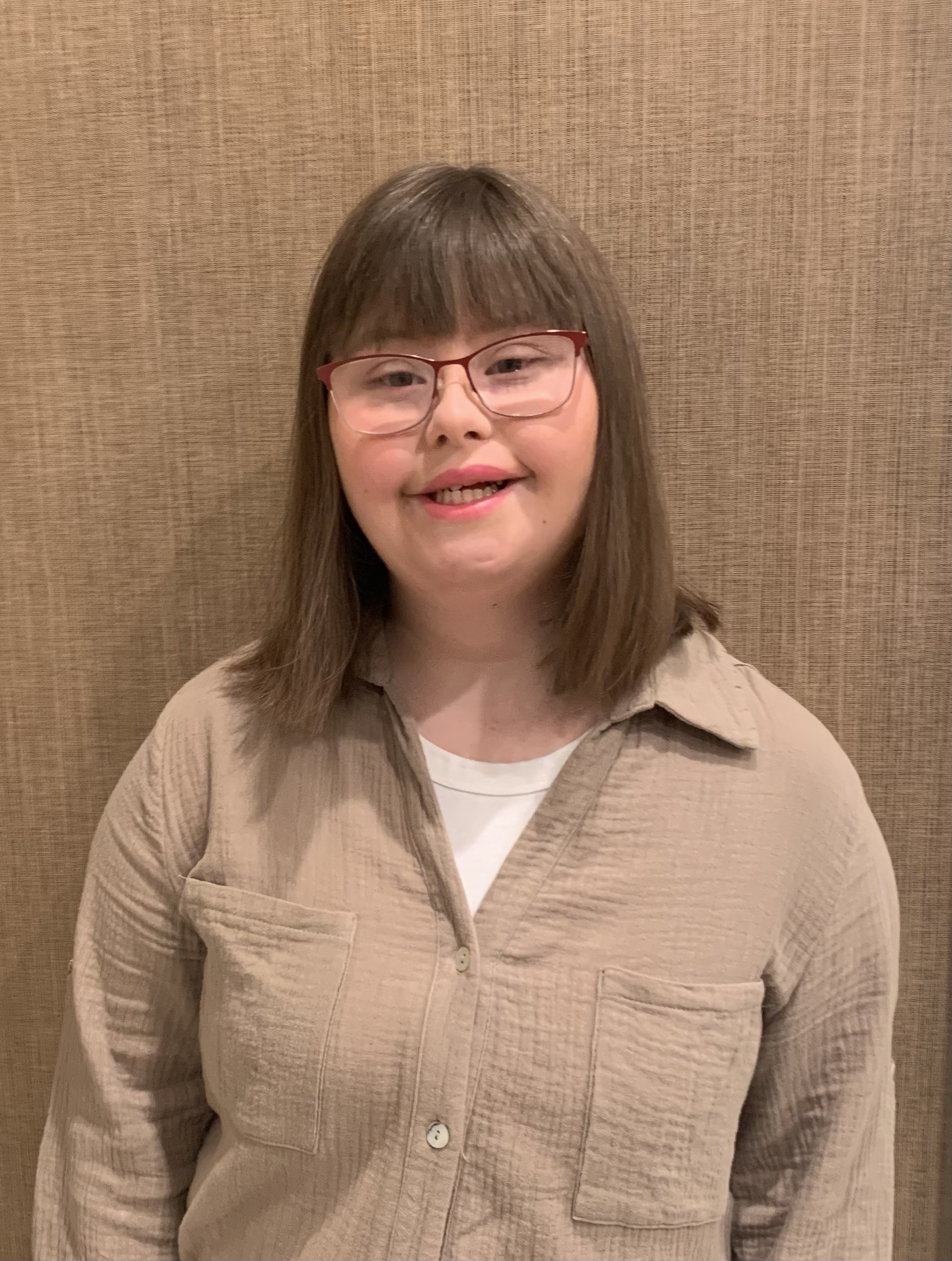
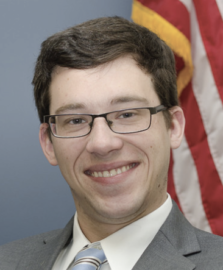
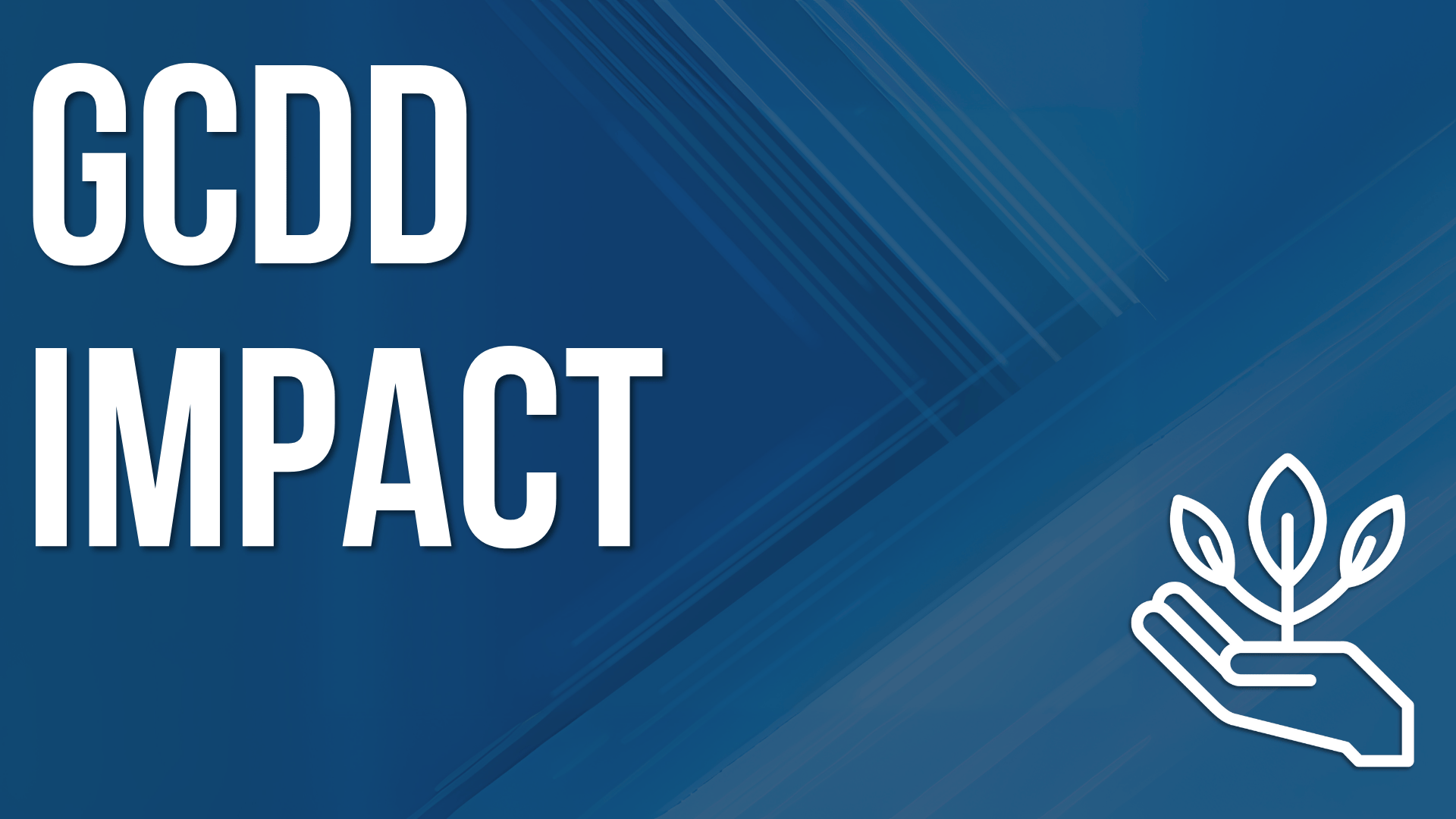

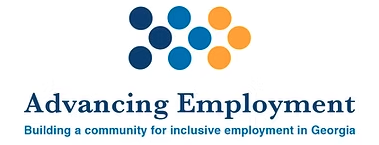 The Center also hosts a monthly virtual Community of Practice focused on different economic sectors. “One month it’s agriculture, the next it might be green jobs or arts and entertainment,” Crandell explained. “We’re talking directly to practitioners who are placing people in real jobs based on their interests.”
The Center also hosts a monthly virtual Community of Practice focused on different economic sectors. “One month it’s agriculture, the next it might be green jobs or arts and entertainment,” Crandell explained. “We’re talking directly to practitioners who are placing people in real jobs based on their interests.”
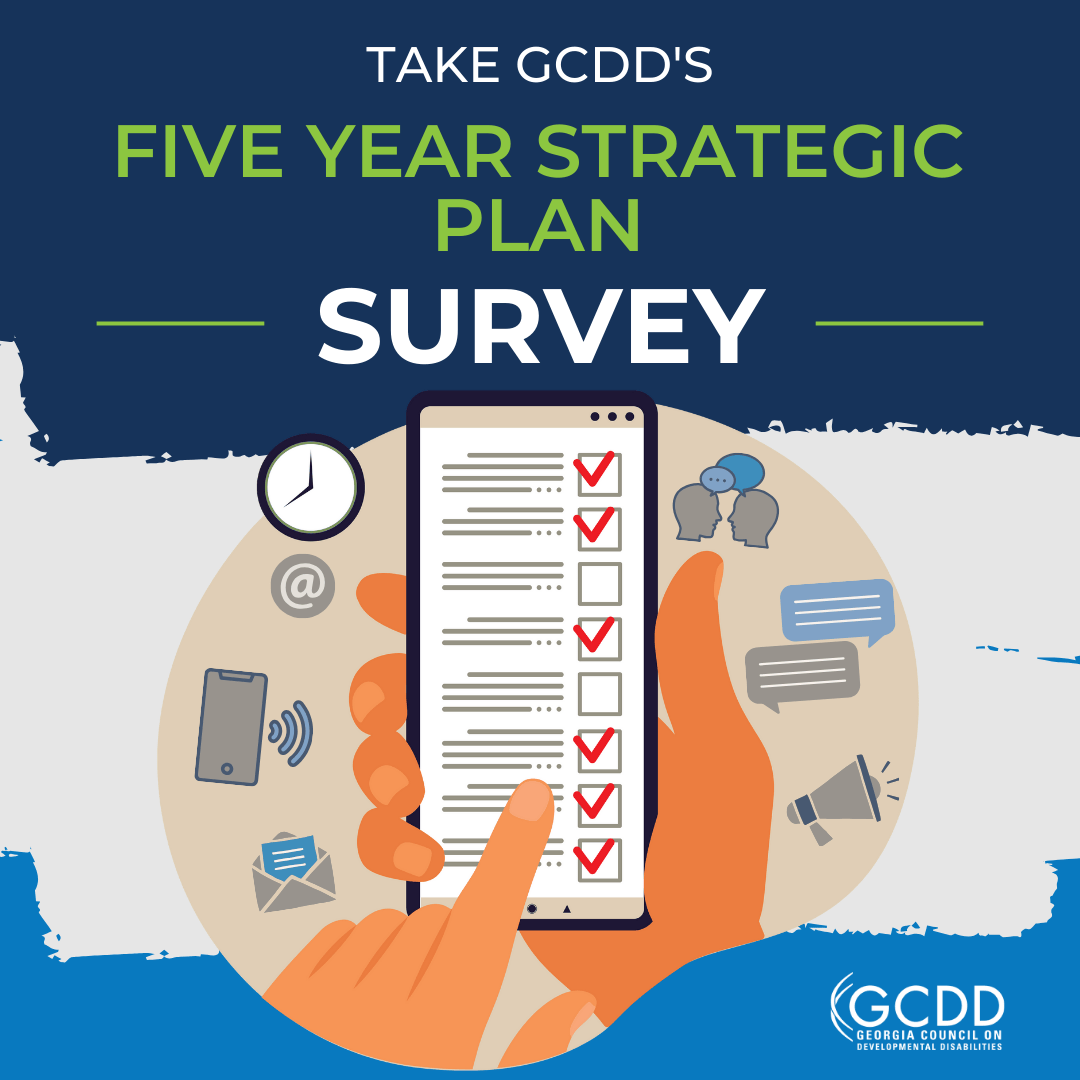 Currently, GCDD is gathering information through focus groups involving families, self-advocates, and providers. These focus groups are crucial for identifying where resources and programming are needed most.
Currently, GCDD is gathering information through focus groups involving families, self-advocates, and providers. These focus groups are crucial for identifying where resources and programming are needed most. 